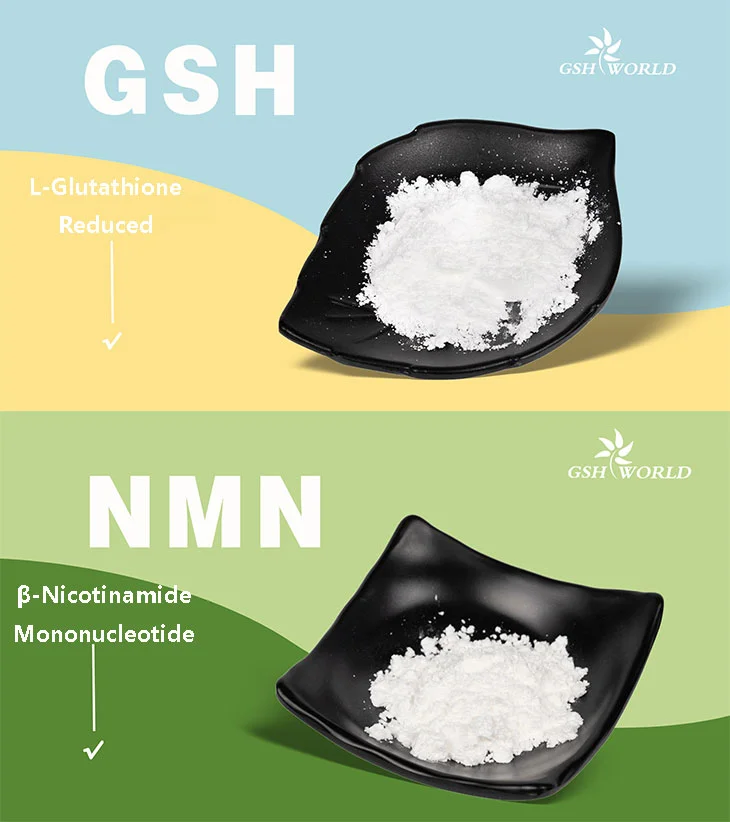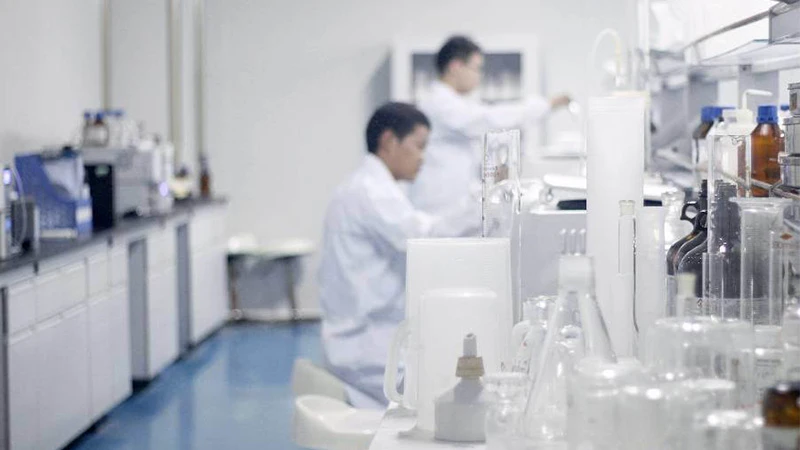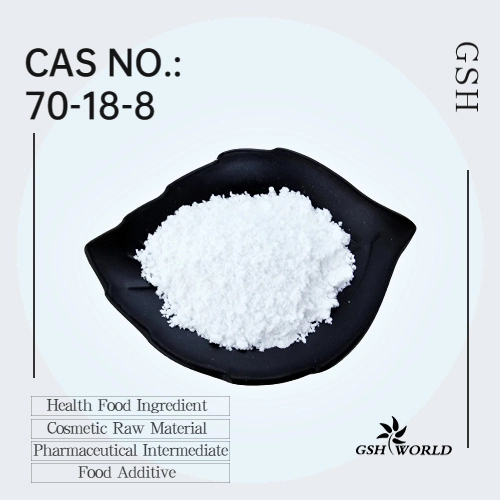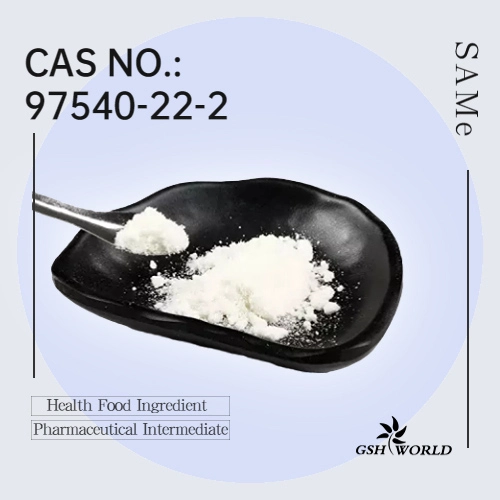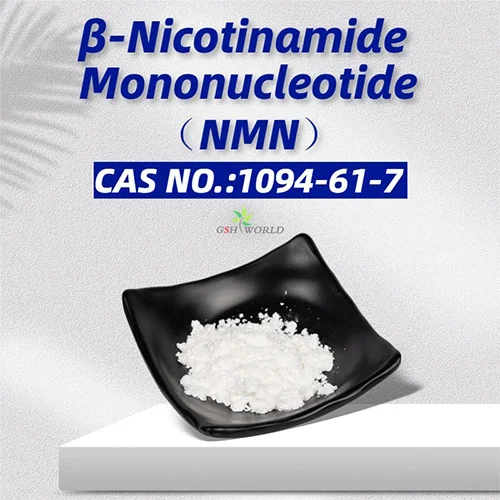NMN may reduce inflammation and improve cognitive function
Scientific studies have shown that while the immune system is doing its best to fight off infections, it doesn't always treat the body kindly. When overactive or dysregulated, the immune system can attack the body's organs and cause serious damage. For example, the brain, one of the body's most precious organs, suffers cognitive impairment when overloaded with inflammation.
Recently, researchers have discovered that NMN can fight this kind of brain inflammation that causes memory blurring.
According to the "Redox Biology" report, the researchers found that the activation of SIRT1 by NMN can counteract the immune system's inflammation and oxidative stress response. In septic mice, they found that NMN increased NAD+ and SIRT1 levels in the hippocampus and was associated with improved learning and memory.
These findings suggest that NAD+-mediated activation of SIRT1 attenuates inflammation-induced cognitive impairment.
The content of NAD+ and SIRT1 in the hippocampus of septic mice was low, and the researchers injected NMN into the septic mice. This leads to an increase in NAD+ and SIRT1, suggesting that NMN can enter the brain and raise NAD+ to activate SIRT1.
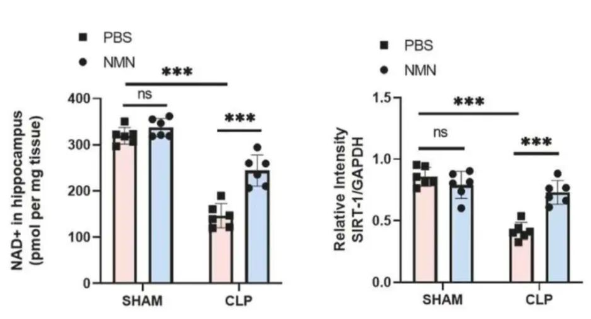
NMN raises NAD+ and SIRT1 in the brain.
Compared with normal mice (SHAM), in the hippocampus of septic mice (CLP, pink)
NAD+ (left) and SIRT1 (right) levels were reduced.
However, nmn-treated septic mice (CLP, blue) did not show as much
reduction.
To assess the cognitive abilities of septic mice, the researchers used the Morris water maze test—teaching the mice to navigate and remember the location of escape platforms.
What they found: Compared with normal mice, septic mice made more mistakes and took longer to find the platform, suggesting disturbances in hippocampal-mediated learning and memory. And NMN improved the ability of septic mice to find the platform more easily, suggesting enhanced cognitive performance.
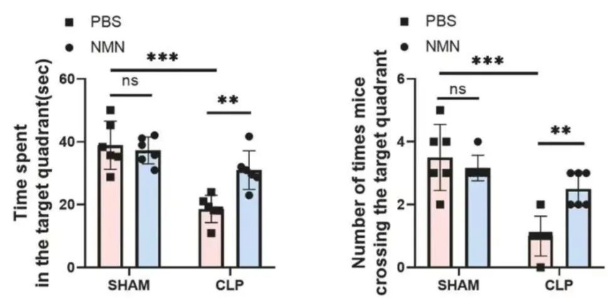
NMN enhances learning and memory
Compared with normal mice (SHAM), septic mice (CLP, pink) spent more time searching for an escape platform in the target quadrant of the Morris water maze (left) and made more mistakes (right). However, nmn-treated septic mice (CLP, blue) did not take as long or make as many mistakes.
To explore how NMN enhanced cognitive performance in septic mice, the researchers measured hippocampal inflammation and oxidative stress. Oxidative stress is caused by excessive levels of reactive oxygen species (ROS), which cause damage to proteins, lipid membranes, and DNA. Importantly, inflammation causes oxidative stress.
The results showed that the levels of pro-inflammatory molecules such as IL-6 and ROS were significantly increased in the hippocampus of septic mice. However, NMN significantly reduced these inflammatory molecules and ROS, suggesting that NMN has significant anti-inflammatory and oxidative stress effects.
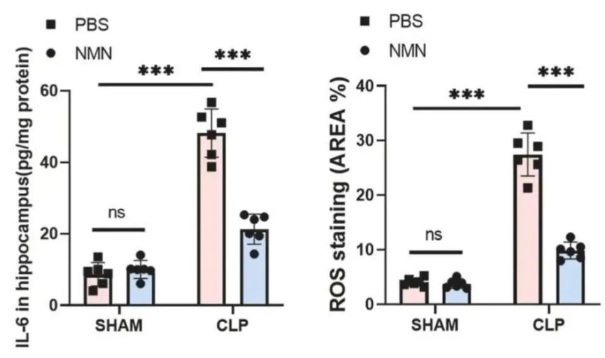
NMN reduces inflammation and oxidative stress. Septic mice (CLP, pink) showed elevated levels of the inflammatory marker IL-6 (left) and ROS (right) compared with normal mice (SHAM), indicating oxidative stress. However, nmn-treated septic mice (CLP, blue) showed no nearly high levels of inflammation or oxidative stress.
SIRT1 is an enzyme that consumes NAD+ as fuel. With enough fuel (for example, from NMN metabolism to NAD+), SIRT1 is able to initiate a series of processes related to longevity. For example, overactivating SIRT1 in the brain (hypothalamus) has been shown to extend lifespan in mice.
To clarify whether SIRT1 mediates the effects of NMN in septic mice, the researchers repeated their experiments, but this time without SIRT1 involved (to do this, they used a drug that inhibits SIRT1's activity). They found that blocking SIRT1 abolished the cognitive-enhancing, antioxidant and anti-inflammatory effects of NMN. These findings suggest that NMN counteracts inflammation-induced cognitive impairment by activating SIRT1.
The findings suggest that NMM can reduce brain inflammation and alleviate any cognitive impairment caused by an inflamed hippocampus.
In addition, studies have shown that NMN reduces inflammation not only in the brain, but also in the skin, gut, lung, and fat tissue of rodents. Activation of SIRT1 by NMN through NAD+ production can improve mitochondrial health, which is important for reducing ROS production in cells. Increasing NAD+ levels in immune cells can also promote a reduction in inflammation by restoring a dysregulated immune system. Therefore, when our immune system gets out of control and there is inappropriate inflammation, NMN can restore the energy homeostasis of affected cells and alleviate tissue inflammation.
*Special note - This article is for informational purposes only and cannot replace a doctor's treatment diagnosis and advice. It should not be regarded as a recommendation or proof of efficacy of the medical products involved. If it involves disease diagnosis, treatment, and rehabilitation, please be sure to go to a professional medical institution to seek professional advice.
by GSHWORLD
GSHWORLD is China Biological API Manufacturer. China NMN Supplements powder suppliers & best NMN benefits raw material Factory.


